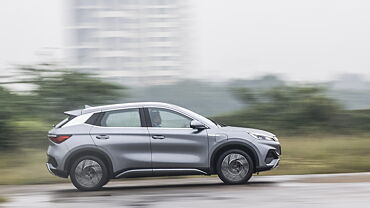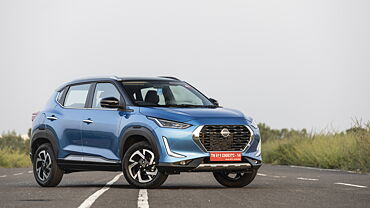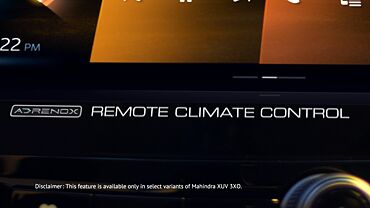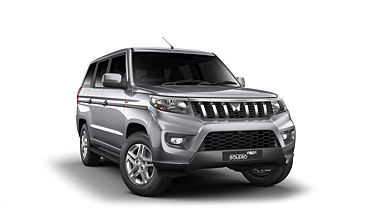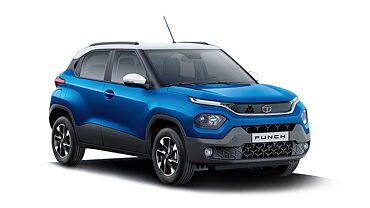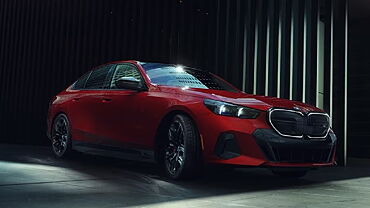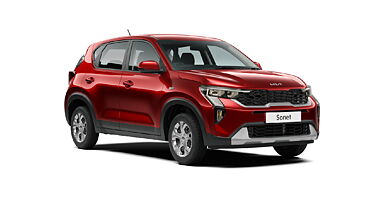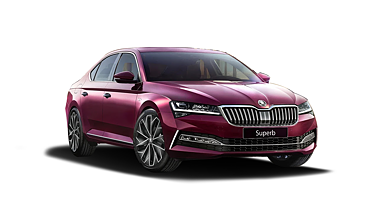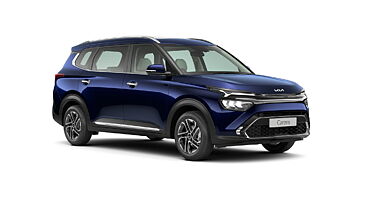The future of India's automobile sector lies in electric mobility, which has provided a suitable alternative to other eco-friendly fuels, such as biofuels, whose application is quite restricted. The large scale feasibility of such fuels is limited to a large extent and makes them unusable as an option against petrol and diesel. Therefore, the industry needs to shift its focus towards Electric Vehicles (EVs), which are energy efficient, environment friendly and provide multifarious performance benefits.
Electric vehicles transform 75 per cent of chemical energy of batteries into providing power, while an Internal Combustion Engines (ICE), which is used for burning petrol, converts just 20 per cent of the fuel's power potential. Although the powertrain generating electricity may emit pollutants, electric vehicles do not have the harmful tailpipe emissions. The motors incorporated within these vehicles are quiet and operate smoothly with decent acceleration. EVS also command lower maintenance costs as compared to ICEs.
G. M. Pillai, IAS officer and former Director General, Maharashtra Energy Development Authority (MEDA), commented, “The government's move towards setting up a National Council on Electric Mobility provides a pointer to the rising appreciation of the need to promote electric vehicles. Contrary to the common belief, biofuels are not really green; they may be producing less carbon but also contribute to the release of nitrous oxide, which is deadlier than carbon. The prospect of a large number of biofuel-driven vehicles on the roads does not augur well in this context.”
Auto manufacturers in India have come forward with their own EVs. Mahindra & Mahindra, the leading Sports Utility Vehicle (SUV) manufacturer of the country, has taken over Reva Electric Car Company, which develops the Reva. This car holds the distinction of being the first electric car of India as well as the first mass produced EV in the world. The company showcased the NXG as well as NXR variants of the model at the 2012 New Delhi Auto Expo in January 2012.
However, EVs have not flourished in India due to lack of the requisite infrastructure as well as low consumer awareness about their benefits in the country. The nation lacks charging points at regular distances, which can pose a serious problem for drivers due to the limits on the range being covered by electric cars. Only if the national government puts the necessary infrastructure in place to support such environment friendly cars can consumers have faith in them for long distance mobility.
The issue with the capped travelling ranges of EVs can be rectified with range extenders. Likewise, hybrid vehicles can also be suitable for customers who are looking to buy environment friendly cars in the country. Toyota Prius is the highest selling hybrid car in the world and was exhibited by the Japanese car maker in India at the 2012 New Delhi Auto Expo. However, the high cost of the model may work against it in the country, since the price tag of Rs. 27 lacs puts it out of the range of the masses. It may even follow the footsteps of Honda Civic, which was discontinued due to poor sales since it was priced at Rs. 22 lacs and was unaffordable for the larger populace.
High costs have presented a persistent issue for electric vehicles in India and deters manufacturers from venturing into this segment. Therefore, the government needs to provide incentives to car makers in order to make it feasible for them to enter this sector. Cars like Nissan Leaf, Tata Mega Pixel, Chevrolet Volt, and Mitsubishi i-MiEV are models that can make the passenger vehicle segment of India greener only if the required support can be extended to them.



